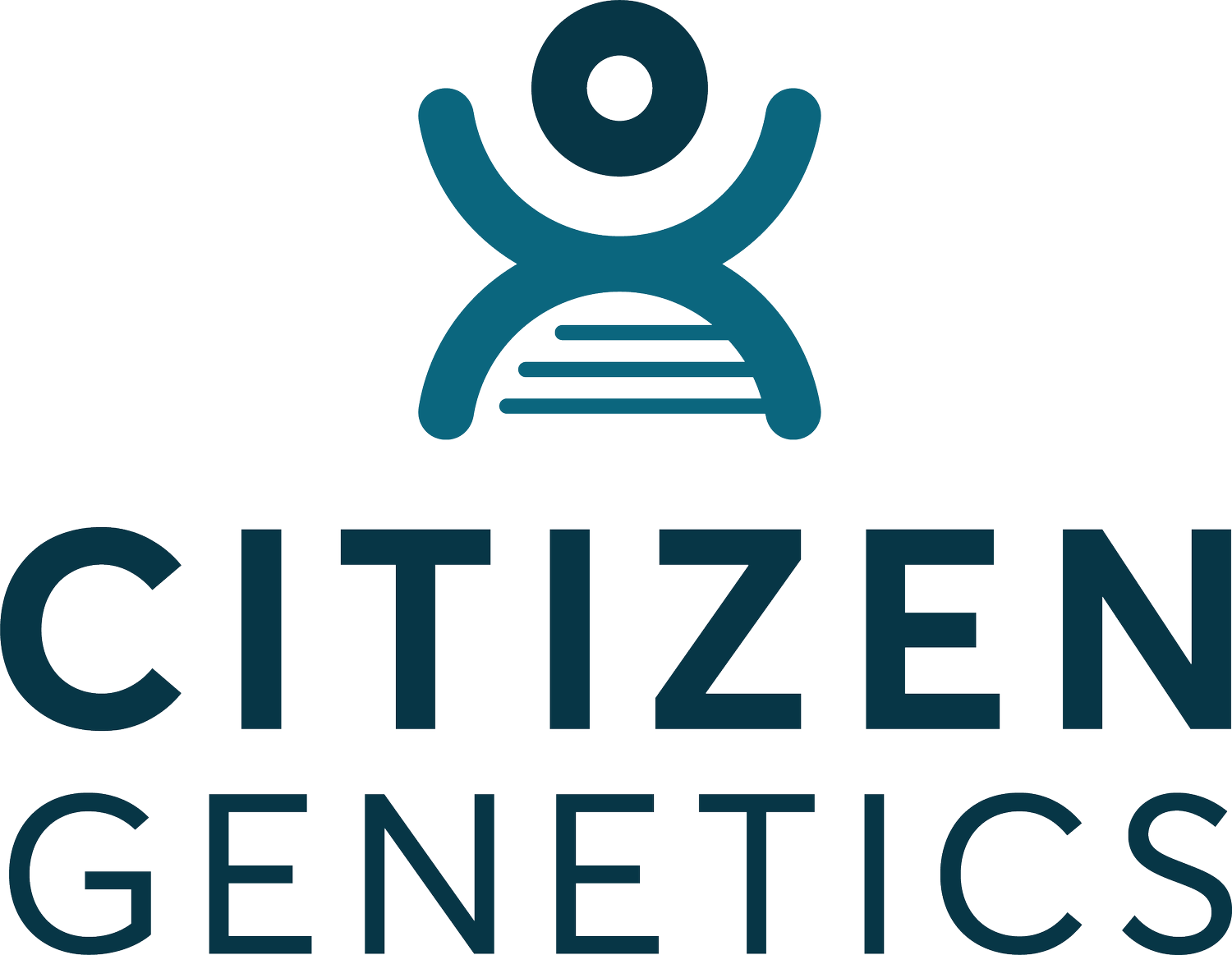Precision Medicine in Fabry Disease
Fabry disease is a rare, inherited lysosomal storage disorder caused by mutations in the GLA gene, which encodes the enzyme alpha-galactosidase A. A deficiency in this enzyme leads to the accumulation of globotriaosylceramide (Gb3) in various tissues, including the kidneys, heart, and nervous system, resulting in a range of systemic complications. Fabry disease is an X-linked condition, meaning it primarily affects males, though females can also experience significant symptoms due to skewed X-inactivation.
Incidence and Prevalence
The incidence of Fabry disease is estimated to be 1 in 40,000 to 60,000 males, though newborn screening programs have suggested it may be more common. Female carriers often go undiagnosed due to variable symptom presentation, contributing to underestimation of prevalence.
The Critical Role of Genetic Testing
Genetic testing is a cornerstone of Fabry disease diagnosis. It confirms the presence of GLA variants and differentiates Fabry disease from other conditions with overlapping symptoms, such as chronic kidney disease or hypertrophic cardiomyopathy.
A frequent challenge in genetic testing is the identification of variants of uncertain significance (VUS)—genetic changes whose impact on disease remains unclear. Staying informed about the reclassification of these variants is crucial, as advancements in variant interpretation may upgrade a VUS to likely pathogenic or pathogenic, potentially impacting diagnosis and management.
Why Staying Up-to-Date Matters
The field of genomics is dynamic, with ongoing research continually refining our understanding of genetic variants. Today in ClinVar, more than 800 GLA variants are listed, with 89% of variants submitted to the database within the last five years. In that same period two new drugs have been made available to Fabry patients in the US. For patients and clinicians managing Fabry disease, subscribing to variant reclassification alerts ensures timely updates on critical findings. In some cases, a reclassified VUS might open the door to targeted treatments, including precision medicines.
Join Citizen Genetics and let us track the science for you.
